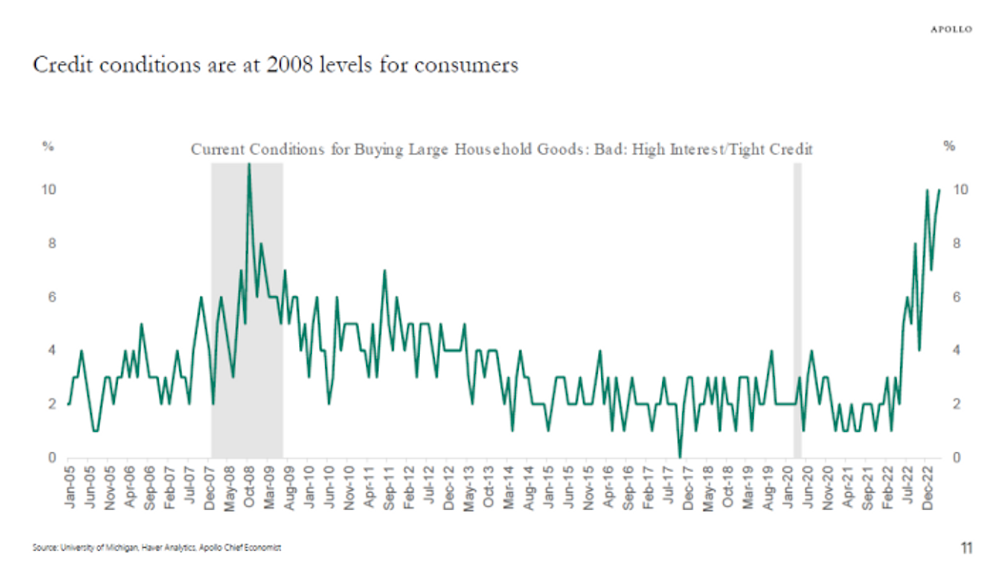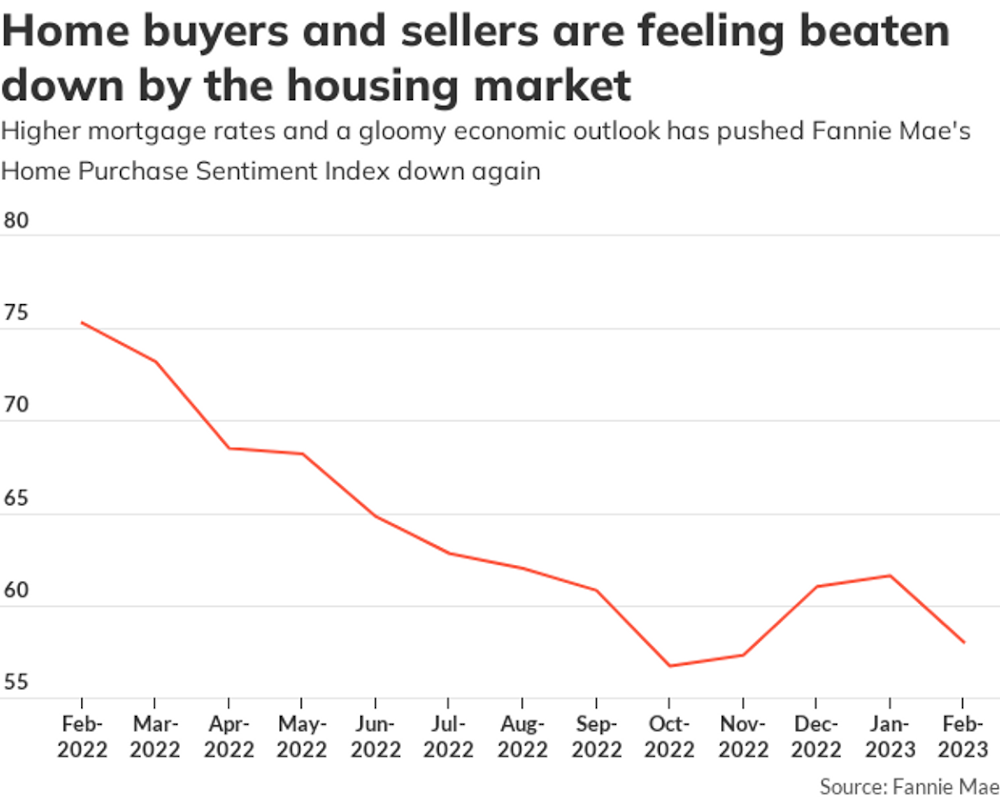 Surging exports of oil and airplanes lowers gap to two-year low
Surging exports of oil and airplanes lowers gap to two-year low
WASHINGTON (MarketWatch) The monthly U.S. trade deficit fell almost 21% in December to the lowest level in two years, pulled down by a surge in petroleum exports and commercial jetliners The trade gap plunged to a seasonally adjusted $38.5 billion from $48.6 billion in November, the Commerce Department said Friday It’s the smallest trade gap since January 2010 U.S. exports climbed 2.1% in December to $186.4 billion, further evidence that overseas economies are recovering from a global slowdown in much of 2012 Demand for U.S. goods picks up when other nations are growing U.S. exports of large aircraft and nonmonetary gold were particularly strong, according to government figures Yet imports declined 2.7% to $224.9 billion — the biggest drop in three years The lower deficit was driven by a marked change in the usual flow of petroleum The U.S. exported a record $11.6 billion in petroleum products, but crude imports by the barrel tumbled to the smallest amount since 1997 The U.S. still imported far more petroleum than it exported, but the gap, at $18.7 billion, fell to the lowest level since summer 2009 What’s unclear is whether the change in petroleum flows in December is an aberration or the hint of a developing long-term trend The U.S. is becoming an even bigger producer of crude and refined oil as a result of new technologies that allow companies to extract previously inaccessible fuel from large rock formations, a process known as fracking
The U.S. has also become more efficient in its use of fuel, as reflected by the growing sales of hybrid vehicles and automobiles that get better gas mileage
Meantime, deficits with most of the nation’s biggest trading partners fell
The U.S.’s trade gap with China decreased to $24.5 billion from $29 billion
in November, for example, while the deficit with the European Union slid to $8.7
billion from $12.2 billion
Meantime, deficits with most of the nation’s biggest trading partners fell



















6 comentarios:
WASHINGTON (MarketWatch) -- A measure of small-business sentiment saw a slight gain in January, helped by an increase in the number who expect the economy to improve. The National Federation of Independent Business said its small-business optimism index edged up 0.9 points to 88.9. Even though there was a five-point advance in those who expect the economy to improve, at -30%, that component was the fourth-worst on record
WASHINGTON (MarketWatch) -- The U.S. government ran a budget surplus of $3 billion in January, the Treasury Department reported on Tuesday, the first monthly surplus since September 2012. The surplus was driven by a 16% increase in revenues compared to January 2012, including from the expiration of a temporary payroll-tax cut at the end of 2012. For the first four months of fiscal 2013, the U.S. ran a deficit of $290 billion, $59 billion less than the same period in fiscal 2012. The government's fiscal year runs from October to September.
WASHINGTON (MarketWatch) -- Prices paid for goods imported into the U.S. increased 0.6% in January, led by fuel, close to analysts' expectations of a 0.7% gain, the U.S. Department of Labor reported Wednesday. Import prices have declined 1.3% over the past 12 months, indicating that imports won't be a large factor behind near-term inflation for consumers. Fuel import prices rose 2.4% in January, the largest increase since September. Fuel import prices were down 5.2% from the same period in the prior year. Meanwhile, nonfuel import prices rose 0.2% in January, and showed no growth compared with the same period in the prior year. The price of U.S.-made goods exported to other nations rose 0.3% in January. Also Wednesday, the government revised December's decline in import prices to 0.5% from a prior estimate of a 0.1% drop
WASHINGTON (MarketWatch) - U.S. retail sales barely grew in January, suggesting a tax increase at the beginning of the year constrained consumers. Sales rose a seasonally adjusted 0.1% last month, or by 0.2% excluding the auto sector, the Commerce Department said Wednesday. Economists surveyed by MarketWatch expected retail sales to be unchanged overall and up 0.1% minus autos. The auto sector accounts for about one-fifth of total sales and can obscure broader trends in the retail segment. Last month, sales rose at Internet retailers, department stores and general-merchandise outlets. Receipts were lower for auto dealers, drug stores, and companies that sell home furnishings and clothing. Retail sales are a good proxy for how fast the U.S. is growing, though economists look at longer-term trends because the monthly data is volatile and subject to sharp revisions. The increase in sales for December was unrevised at 0.5%, while sales in November were revised up a notch to a 0.5% gain. In all of 2012 retail sales climbed 4.4%, more than twice the rate of consumer inflation
WASHINGTON (MarketWatch) -- Business inventories edged up 0.1% in December to a seasonally adjusted $1.62 trillion, the Commerce Department said Wednesday. That's a 5.1% gain compared to Dec. 2011, and the ratio of inventories to sales was 1.27, down from 1.28 in November. November's inventories growth was lowered to 0.2% growth from a 0.3% gain
WASHINGTON (MarketWatch) -- Current "rather low" readings on inflation may give the Federal Reserve leeway to continue buying bonds and mortgage-related assets longer than otherwise would be the case, said James Bullard, president of the St. Louis Federal Reserve, on Thursday. The Fed's $85 billion per-month asset-purchase plan has no end date. The Fed has said only that it wants to see a substantial improvement in the labor-market outlook. Being more specific about what "substantial improvement" means may be a "bridge too far" for the Fed, Bullard said in a speech at Mississippi University. Bullard favors tapering purchases rather than bringing them to a sudden stop. Some Fed officials have said they think the purchases could end well before the end of the year.
Publicar un comentario